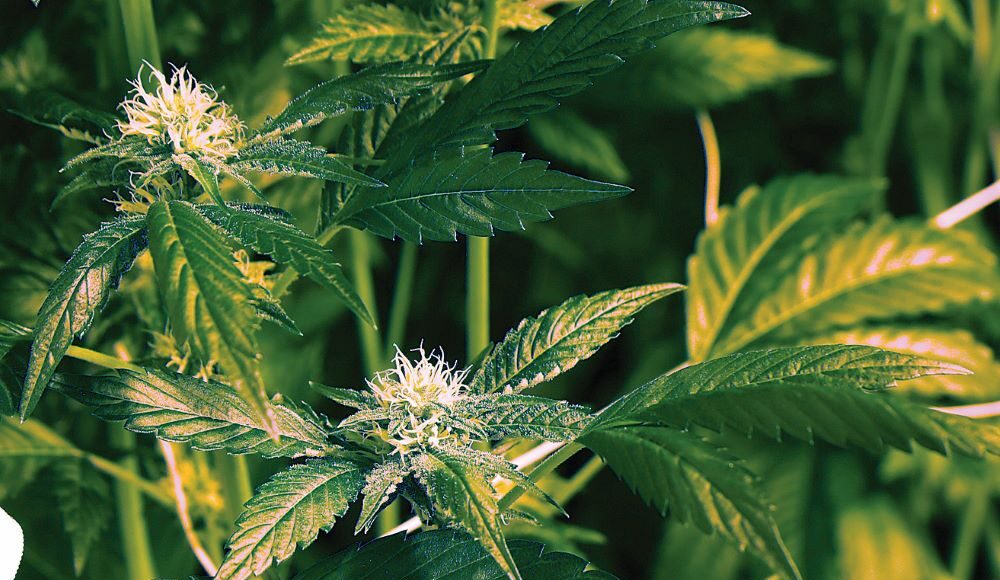There are many criteria for assessing how challenging the still-new legal cannabis business is: mounting losses or declining profits, businesses going belly-up, layoffs. But there’s at least one more: the increasing trend of cannabis companies expanding into noncannabis industries.
Diversification—a strategy where a business offers a variety of products—often makes sense and that’s especially true when a core business yields narrow profit margins, as cannabis generally does. The high costs often stem from high taxes and regulations that might be necessary, but are expensive to comply with and the continued federal illegality of weed. That’s why we often see merch like t-shirts, branded ballcaps, beer koozies and the like in local dispensaries.
Among the big, publicly traded cannabis companies, Tilray Brands is probably the best-known diversifier.
Recently, it has started to seem almost more of a beer company than a cannabis company. It is now the fifth-largest craft brewer in the United States, in fact, having purchased a clutch of breweries including storied brands like Redhook Ale, Sweetwater and Widmer Bros.
Tilray is also a pharmaceutical company—with most of its products being cannabis-based—a fashion marketer, a producer of hard liquor and a maker of energy drinks. It also grows cucumbers. But beer is where it’s putting most of its brand-expansion money, though for now it still makes most of its money from cannabis.
In August, Tilray shelled out $85 million to Anheuser-Busch InBev for eight craft brands. AB said it was unloading the brands in part because of shortfalls stemming from the idiotic “boycott” of Bud Light staged by the American right wing in response to AB running a one-time internet ad featuring a trans person.
Whether that’s a genuine reason for the sale can’t be known, but large brewers have been exiting the craft-beer market in recent years to concentrate on their core, watery, mass-market brews. It’s also difficult to know why Tilray is getting so heavily into craft beer, at least from listening to what its executives say about it. The company now bills itself as a “lifestyle consumer packaged goods company.”
Note that the word “cannabis” is entirely absent from that description. In a “town hall” meeting with the investment platform Public, in January, Tilray Finance Chief Carl Merton added the “cannabis” back in while describing the company as a “diversified cannabis lifestyle consumer packaged goods company…across adult-use and medical cannabis, beverage-alcohol, and wellness consumer products.”
During an August conference call with investors, Tilray CEO Irwin Simon explained the acquisitions this way: “Ultimately, upon legalization one day, is there the opportunity for adjacencies in the THC and CBD world, and having that distribution system, having those manufacturing facilities?”
Apparently, that was a rhetorical question. It seems far-fetched to believe that cannabis could be plugged into a beer-distribution system, but big corporations do love their “synergies,” even when they don’t really exist.
To some degree, at least, Simon might have been thinking mostly about regulatory compliance and is hoping that federal legalization will have weed governed similarly to alcohol, with producers, distributors and retail shops regulated separately. It’s possible it will go that way, but it’s also possible that it won’t. And even if it does, that doesn’t mean companies can just patch weed onto their booze-distribution systems. It seems much more likely that Tilray is just looking for ways to shore up its losses.
And to be fair, things have improved.
A couple of weeks ago, the company reported that its revenues were up 15% in its most recent quarter and while it still is reporting losses, those have narrowed.
Tilray is right that federal legalization will be key to its success, but assuming it happens, it will have little to do with its beer acquisitions or its other non-cannabis businesses. It will be because Tilray and all other cannabis players will be able to do business like anybody else, including transporting weed across state lines, writing expenses off their taxes like every other business does and getting services like banking and insurance without excessive amounts of hassle.
In the meantime, a lot of the pressure could be taken off the industry if states like California were to lower taxes and ease up on the more onerous regulations. For the moment, the chances of that seem as frustratingly remote as the chances that Congress will legalize weed.














